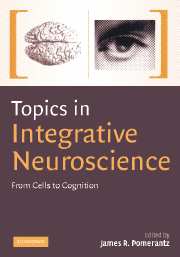1 - Neuroscience, choice and responsibility
Published online by Cambridge University Press: 08 August 2009
Summary
Introduction
Much of human social life depends on the notion that agents have control over their actions and are responsible for their choices. In daily life it is commonly assumed that it is fair to punish and reward behavior so long as the person is in control and makes choices knowingly and intentionally. Without the assumptions of agent control and responsibility, human social commerce is hardly conceivable. As members of a social species, we recognize co-operation, loyalty, honesty, and helping as prominent features of the social environment. We react with hostility when group members disappoint certain socially significant expectations. Inflicting disutilities (e.g., shunning, pinching) on the socially erring and rewarding civic virtue help restore the standards.
In other social species too, social unreliability, such as a failure to reciprocate grooming or food-sharing, provokes a reaction likely to cost the erring agent, sooner or later. In social mammals at least, mechanisms for learning and keeping the social order seem to be part of what evolution has bequeathed to our brain circuitry. Given that the stability of the social-expectation baseline is sufficiently important for survival, individuals are prepared to incur some cost in enforcing those expectations. Just as anubis baboons learn that tasty scorpions are to be found under rocks but cannot just be picked up, so they learn that failure to reciprocate grooming when it is duly expected may incur a slap.
- Type
- Chapter
- Information
- Topics in Integrative NeuroscienceFrom Cells to Cognition, pp. 2 - 22Publisher: Cambridge University PressPrint publication year: 2008

